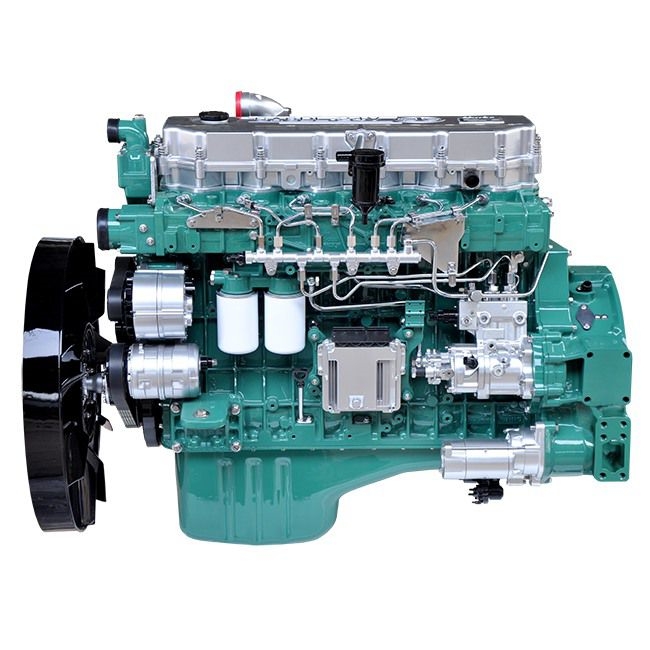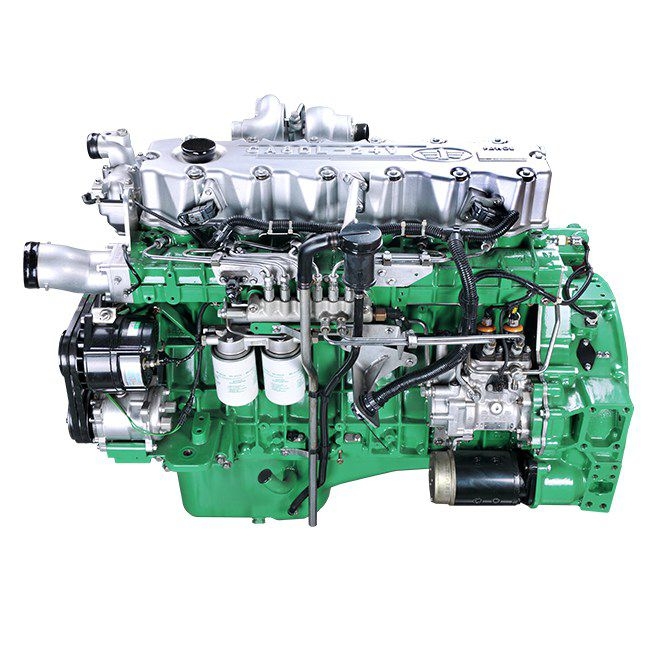Nov. 09, 2023
In the rapidly evolving landscape of automotive technology, the adoption of 3rd generation hybrid systems brings forth numerous advantages, revolutionizing the way we perceive and experience driving. The synergy of traditional combustion engines and cutting-edge electric propulsion systems in these vehicles delivers exceptional benefits, contributing to both environmental sustainability and enhanced driving efficiency.

One of the primary advantages of 3rd generation hybrid technology is the remarkable improvement in fuel efficiency. The intelligent integration of electric power allows these vehicles to operate on electricity alone in certain conditions, reducing overall fuel consumption and emissions. This not only translates into cost savings for drivers but also aligns with the growing emphasis on eco-friendly transportation.
3rd generation hybrid systems incorporate advanced regenerative braking mechanisms, capturing and storing energy that would typically be lost during braking. This stored energy is then utilized to power the electric motor, further enhancing efficiency and range. The seamless synergy between traditional braking systems and regenerative capabilities results in a more sustainable and energy-efficient driving experience.
Beyond environmental benefits, 3rd generation hybrid technology contributes to improved power and performance. The combination of the internal combustion engine and electric motor provides an extra boost when acceleration demands are high. This not only enhances overall performance but also delivers a dynamic and responsive driving experience, debunking the myth that hybrid vehicles compromise on power.
Governments worldwide recognize the positive impact of hybrid technology on the environment and often provide incentives to encourage its adoption. Drivers of 3rd generation hybrid vehicles may benefit from tax credits, rebates, or other financial incentives, making these cars not only environmentally responsible but also economically attractive. The long-term cost savings, coupled with reduced environmental impact, contribute to the growing popularity of these innovative automotive solutions.

Q: Are 3rd generation hybrid vehicles suitable for long-distance driving?
A: Yes, 3rd generation hybrid vehicles are designed for both short city commutes and long-distance journeys. The hybrid system intelligently manages power sources to optimize fuel efficiency and range.
Q: How often do the batteries in 3rd generation hybrids need replacement?
A: The lifespan of hybrid batteries varies, but advancements in technology have significantly extended their durability. In general, they can last 8 to 15 years, depending on usage and environmental factors.
Q: Do 3rd generation hybrids require special maintenance?
A: Routine maintenance for 3rd generation hybrid vehicles is similar to traditional cars. However, it's essential to follow manufacturer recommendations for battery maintenance and inspections.
In conclusion, the advantages of 3rd hybrid technology extend beyond fuel efficiency, encompassing environmental impact, enhanced performance, and cost savings. As the automotive industry continues to embrace sustainable solutions, 3rd generation hybrid vehicles stand out as a compelling choice for drivers seeking a balance between performance and environmental responsibility.
Related News
Volvo CE and FAWDE Launch Global Cooperation Project
Sep. 29, 2025
Good News! Engine Division Wins First Month’s Open Doors
Feb. 05, 2021
Obtained Euro Ⅵ-e Emission Certification, Jiefang Power And Boosting Global Voice Of China Power
Feb. 05, 2021
Chúng Tôi Sẽ Dành Này Tết Nguyên Đán Ở Nước Ngoài
Feb. 09, 2021
Why? Emancipation Power Promotes Global Discourse Power Of China Power!
Feb. 26, 2021
Apr. 23, 2021
Related Products
Contact Us
Navigation
Navigation